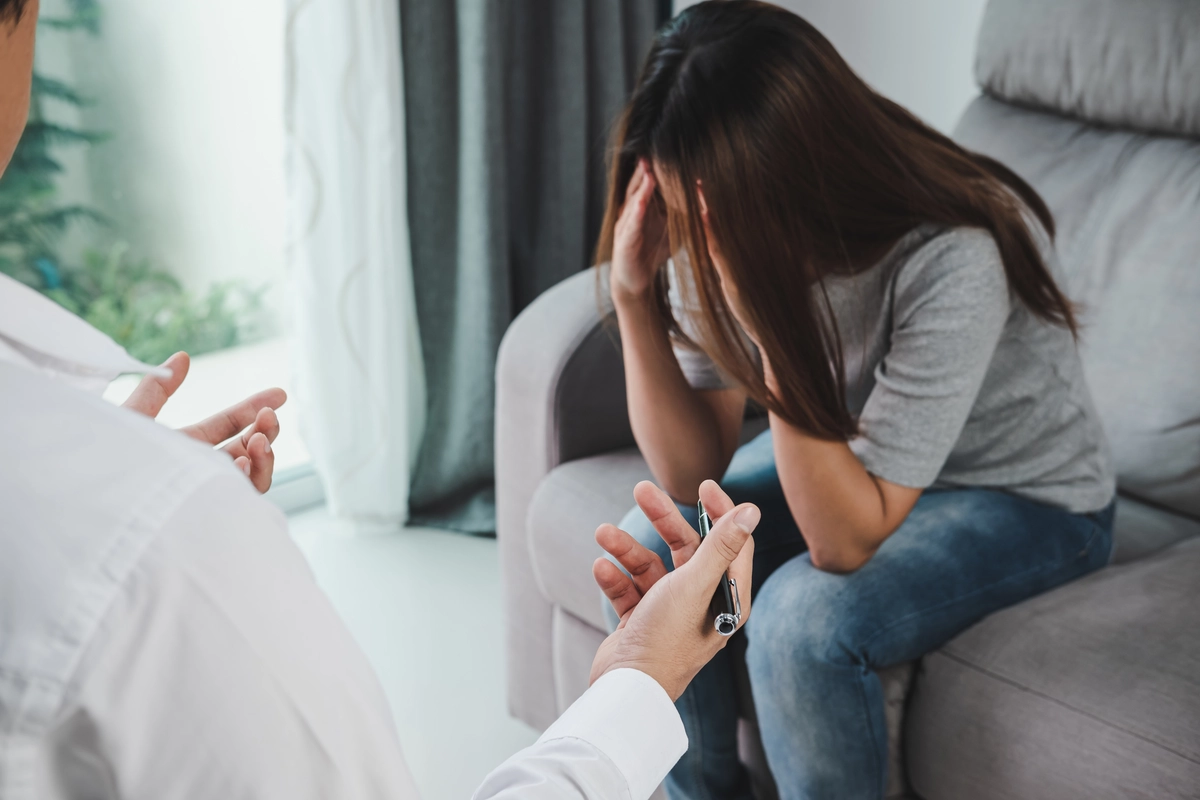24/7 Helpline:
(866) 899-111424/7 Helpline:
(866) 899-1114
Learn more about Outpatient Rehab centers in Atchison County
Outpatient Rehab in Other Counties
Other Categories in Atchison County






























Other Insurance Options

BlueCross

PHCS Network

Choice Care Network

Sliding scale payment assistance

Molina Healthcare

Humana

Anthem

BHS | Behavioral Health Systems

Ambetter

Health Choice

Lucent

Premera

Group Health Incorporated

Evernorth

Oxford

Self-pay options

Cigna

Covered California

Holman Group

AllWell